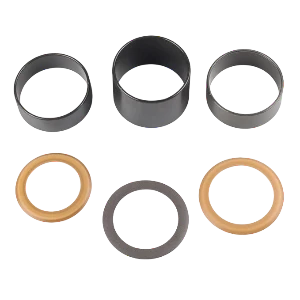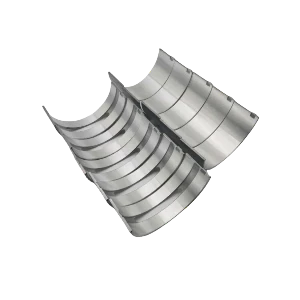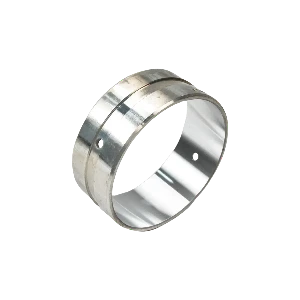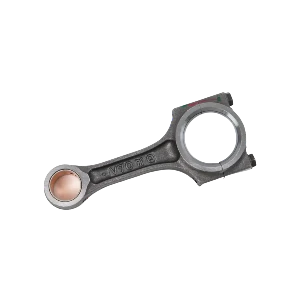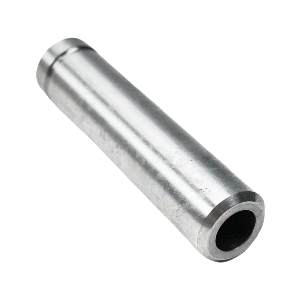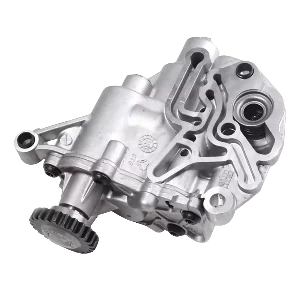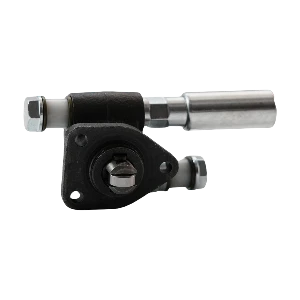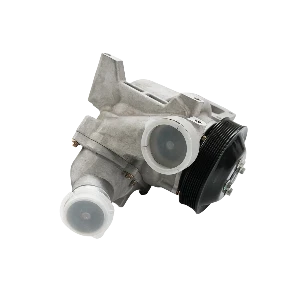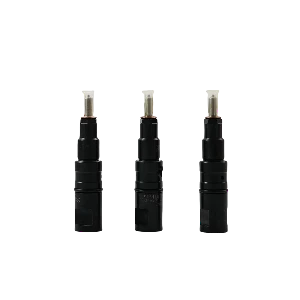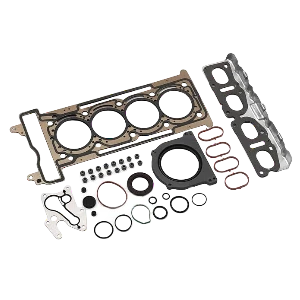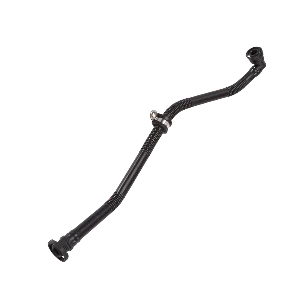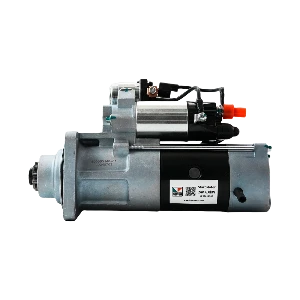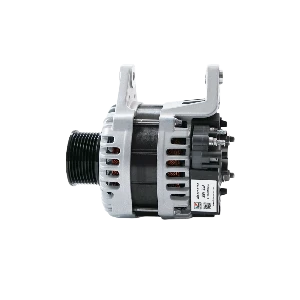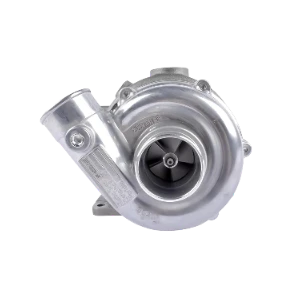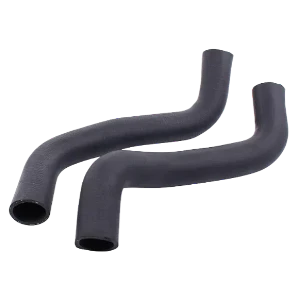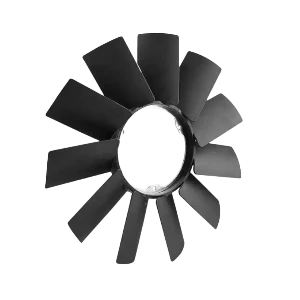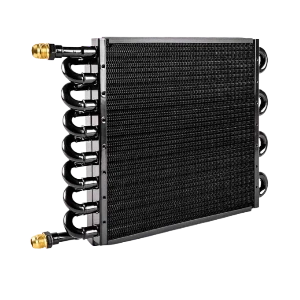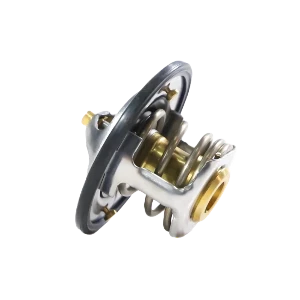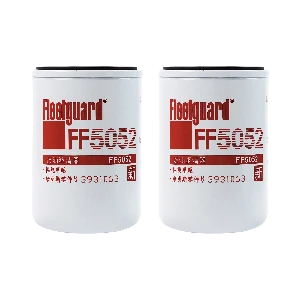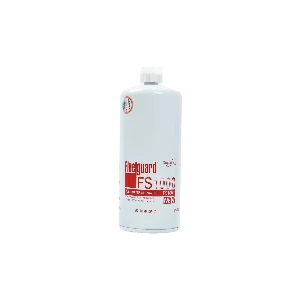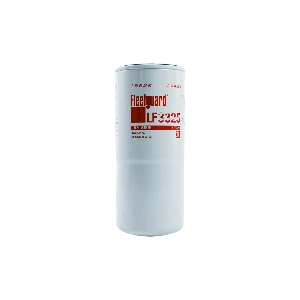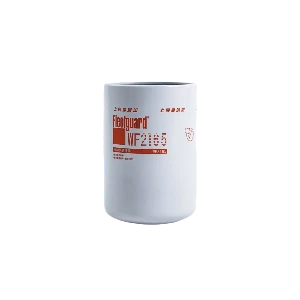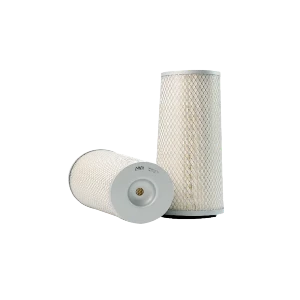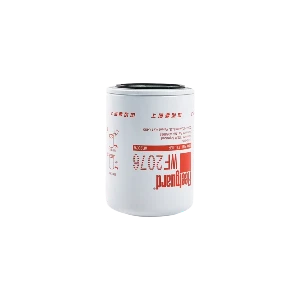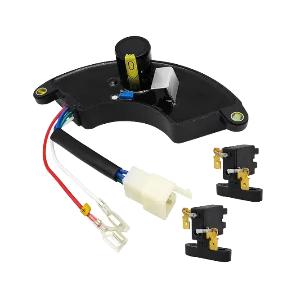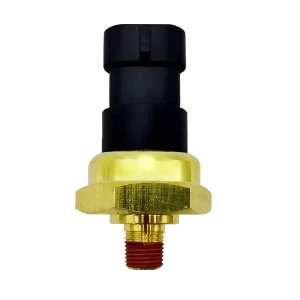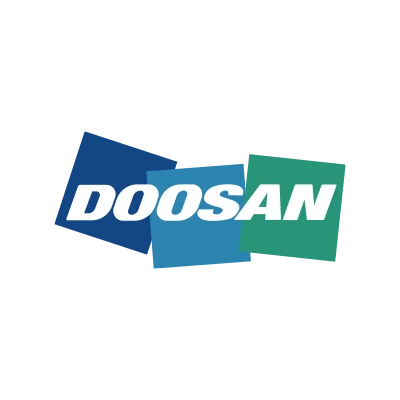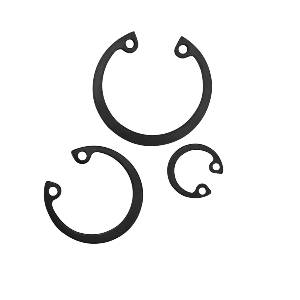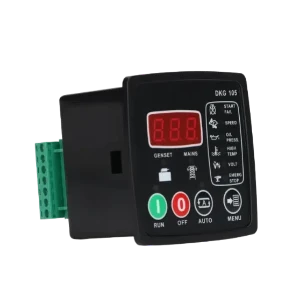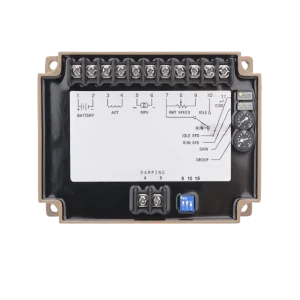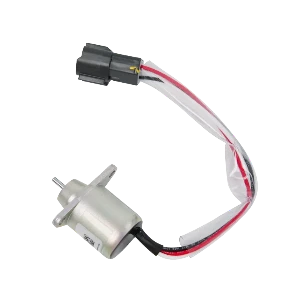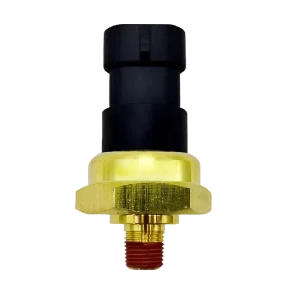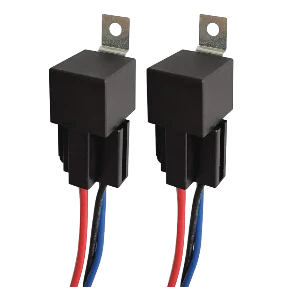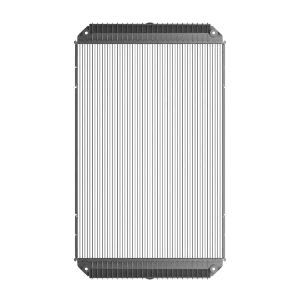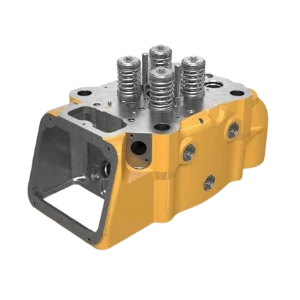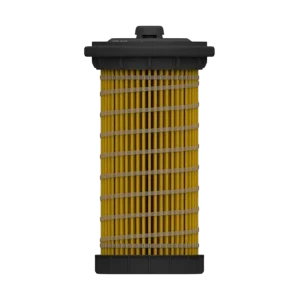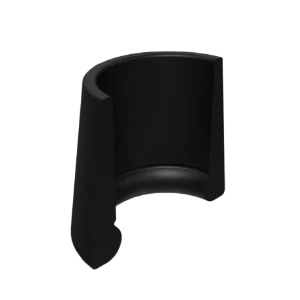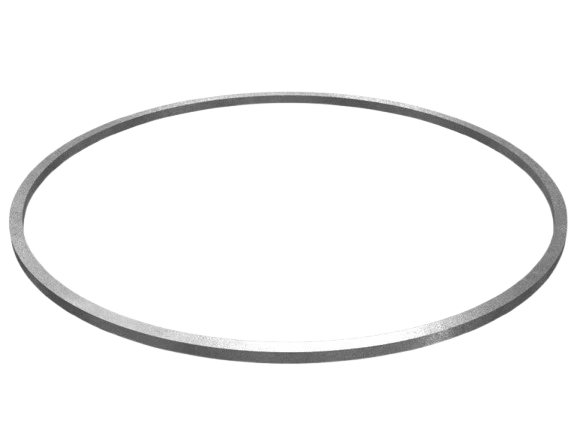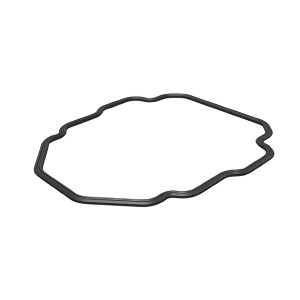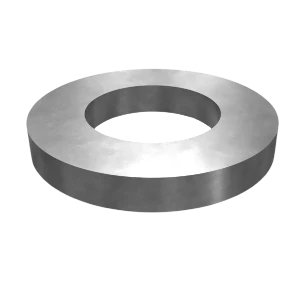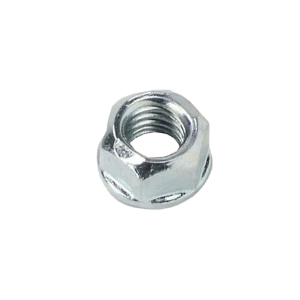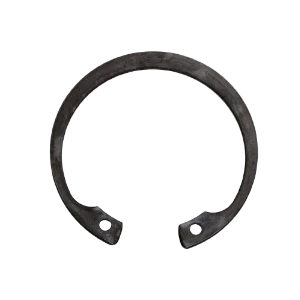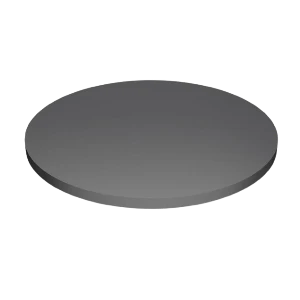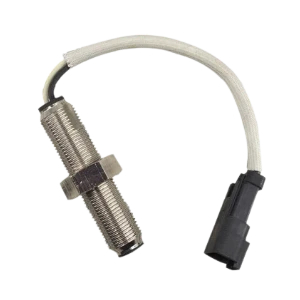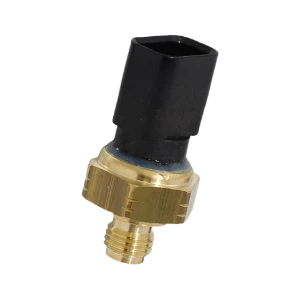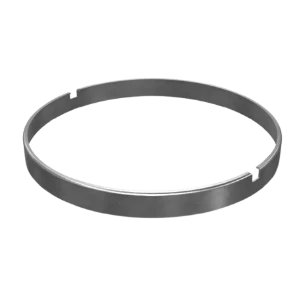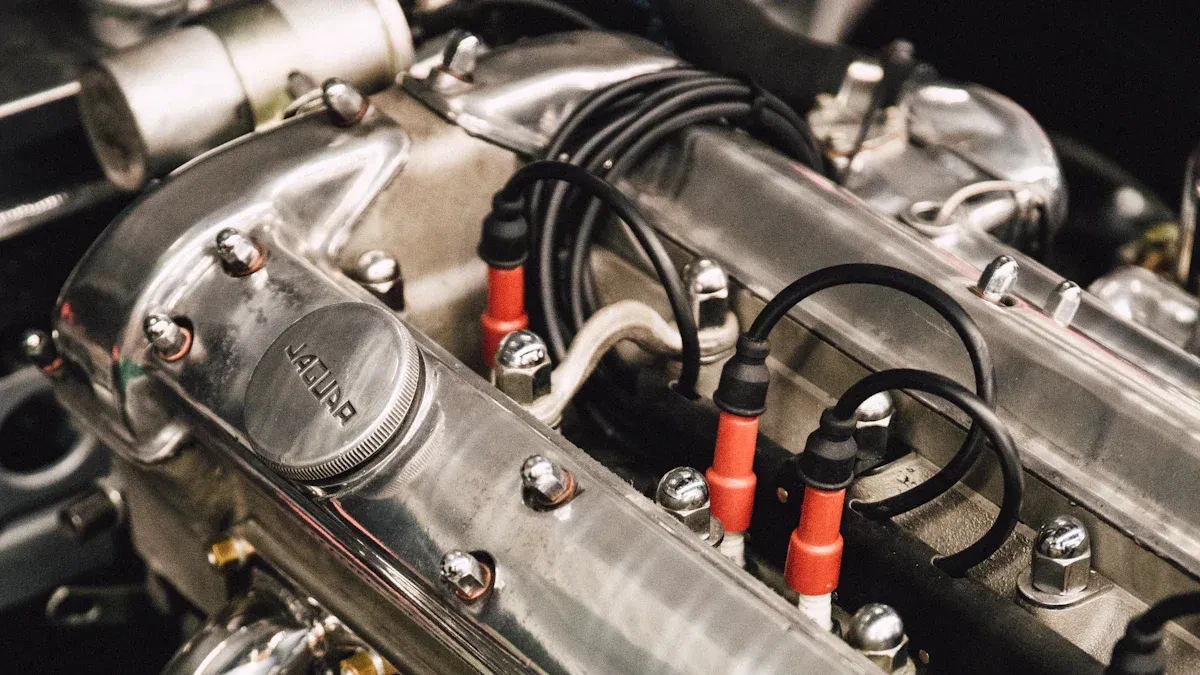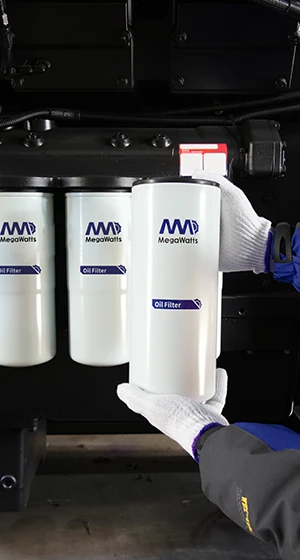Holiday Shipping Update
• China warehouse: Closed Feb 14-23 (Spring Festival)
• Saudi Arabia warehouse: Shipping as usual
How to properly maintain a diesel engine?
Diesel engines provide a steady supply of power for equipment and are widely used in production and operations. Since diesel engines are highly precise machines, proper maintenance during use is crucial.
Diesel engine maintenance can be broadly divided into daily maintenance and regular maintenance. This article uses the Kubota engines commonly installed in Lingong Heavy Machinery equipment as an example to outline the specific methods.
Daily Maintenance
Daily maintenance involves inspecting the engine after completing a shift, following these seven steps:
① Inspect and clean the exterior of the machine, checking for any oil, water, or air leaks.
② Check the engine oil level using the dipstick. After the engine has been parked for 30 minutes, ensure it is in a horizontal position. The oil level should be between the two markings: if there is an increase in oil, carefully investigate the cause; if the oil level decreases, top up with the same type of oil and continue to monitor after a period of operation.
③ Check the coolant level and top up if insufficient.
④ Check the fuel level and top up if insufficient.
⑤ Inspect the belts for loosening or damage, and tighten or replace as needed.
⑥ Inspect all connection points for tightness; if any are loose, retighten them.
⑦ Address any abnormal issues during engine operation.
Regular Maintenance
Regular maintenance is typically divided into several levels, with each level specifying different maintenance items based on the scope, depth, and maintenance cycle of the work.
① The first regular maintenance should be performed after the new engine has operated for 50 hours, primarily involving the replacement of engine oil and the engine filter.
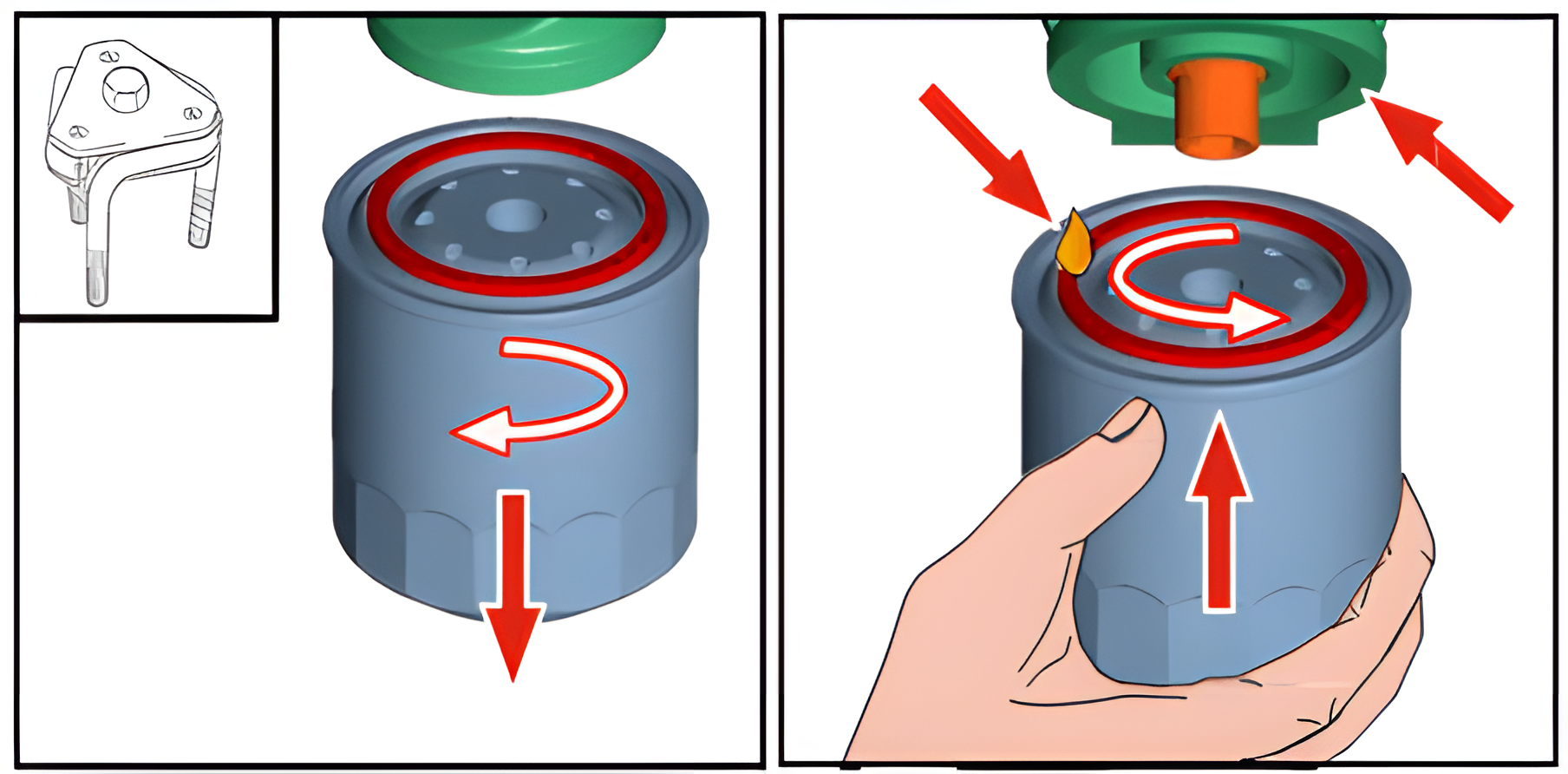
② Every 250 hours, clean the air filter, clean the fuel filter, and check the battery condition. Every 500 hours, replace the engine oil, oil filter, fuel filter, and engine belt, and clean the water hose and radiator interior.
③ Every 1,000 hours, check the valve clearance; if the clearance is too large, re-adjust it.
④ Charge the battery every one to two months.
⑤ Every 1,500 hours, inspect the fuel injector spray conditions, check the fuel injection pressure, and inspect the oil seal integrity of the fuel injector valve seat.
⑥ Every 3,000 hours, inspect the turbocharger, check the oil seal integrity of the pump core, inspect the outlet valve, and verify the fuel injection timing.
⑦ Replace the engine oil annually (if the vehicle has not been used for an extended period and has operated for less than 500 hours), and replace the air filter.
⑧ Replace the coolant, all fuel and oil hoses, and the battery every two years.
The above are the maintenance guidelines for diesel engines. Proper maintenance significantly extends engine lifespan, reduces failure rates, and improves equipment availability. Therefore, please take these guidelines seriously and ensure regular and routine maintenance is performed.
A team of experts obsessed with spare parts of generator sets and construction equipment.
-
Previous Post:
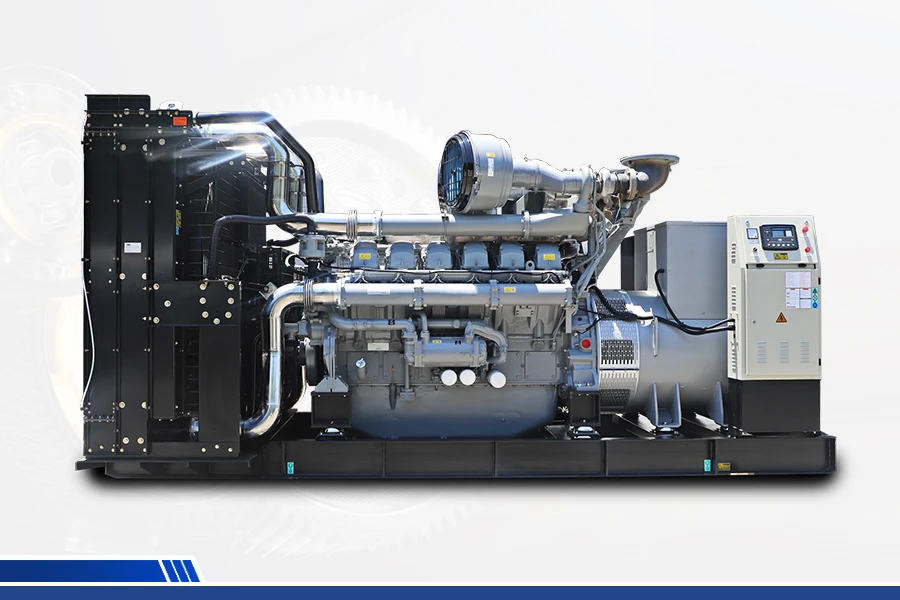 BLOGMegawatts BlogIntroducing the components of a diesel engineIntroducing the components of a diesel engine A diesel generator set is a type of internal combustion generator set and is currently one of the most widely used power generation devices in the world....
BLOGMegawatts BlogIntroducing the components of a diesel engineIntroducing the components of a diesel engine A diesel generator set is a type of internal combustion generator set and is currently one of the most widely used power generation devices in the world.... -
Next Post:
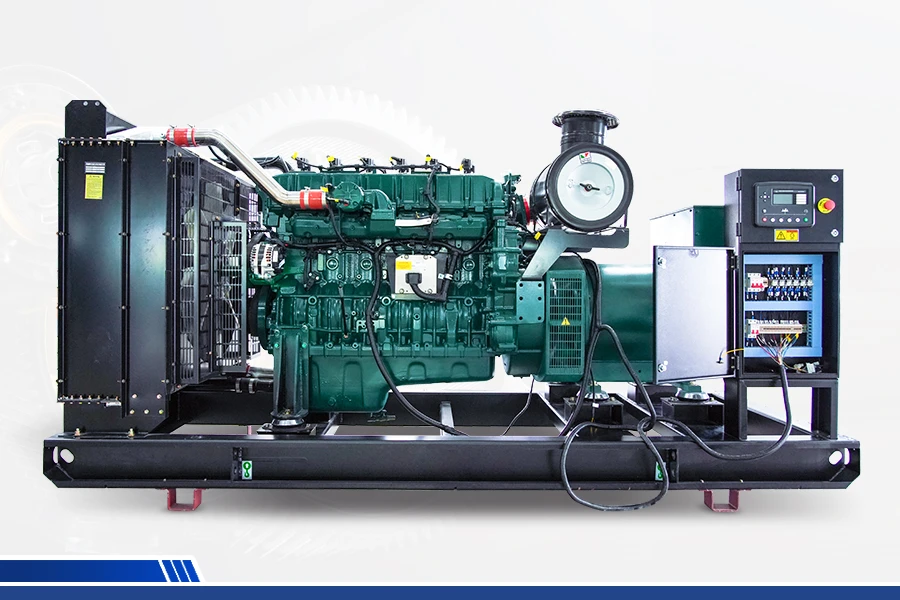 BLOGMegawatts BlogThe Top Ten Most Common Faults in Diesel EnginesThe Top Ten Most Common Faults in Diesel Engines Fault 1: Diesel Engine Emitting Smoke Solution: 1. Turbocharger malfunction; 2. Poor sealing of valve components; 3. Malfunction of the fuel injec...
BLOGMegawatts BlogThe Top Ten Most Common Faults in Diesel EnginesThe Top Ten Most Common Faults in Diesel Engines Fault 1: Diesel Engine Emitting Smoke Solution: 1. Turbocharger malfunction; 2. Poor sealing of valve components; 3. Malfunction of the fuel injec...
-
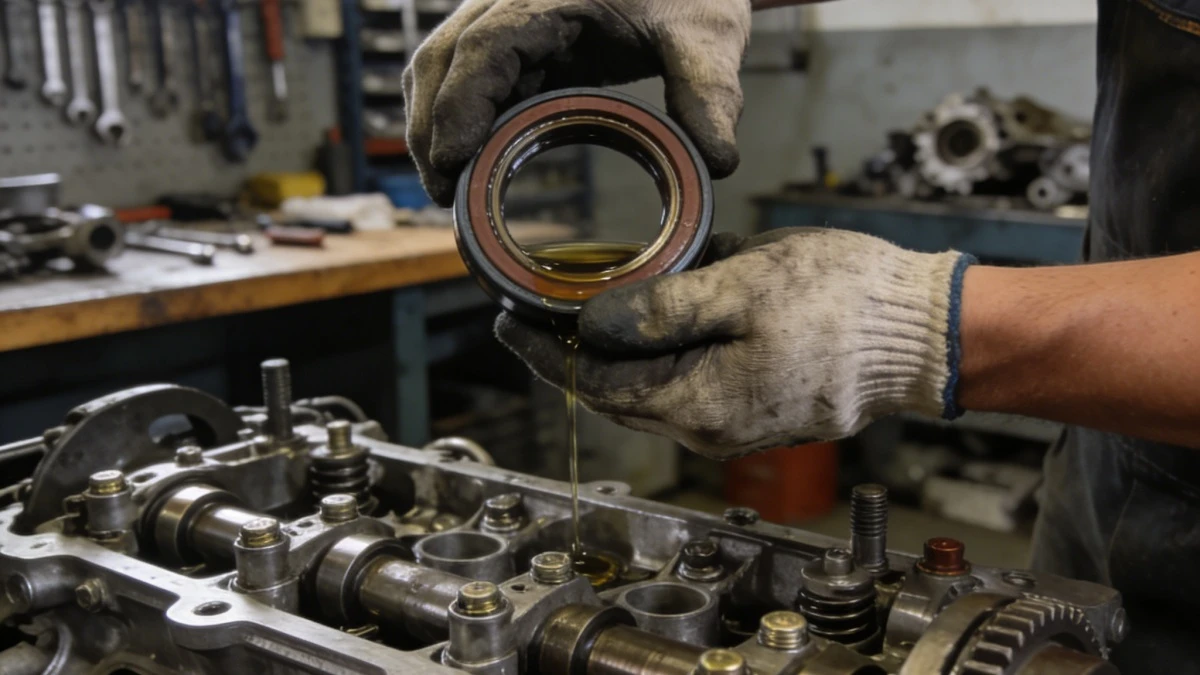 BLOGMegawatts BlogPreventing Catastrophic Engine Failure: The Importance of Proactive oil seal ReplacementIn industrial and heavy-duty applications, engine oil seals help control oil loss and contamination, both of which are common contributors to lubrication-related engine failures. Neglecting timel...
BLOGMegawatts BlogPreventing Catastrophic Engine Failure: The Importance of Proactive oil seal ReplacementIn industrial and heavy-duty applications, engine oil seals help control oil loss and contamination, both of which are common contributors to lubrication-related engine failures. Neglecting timel... -
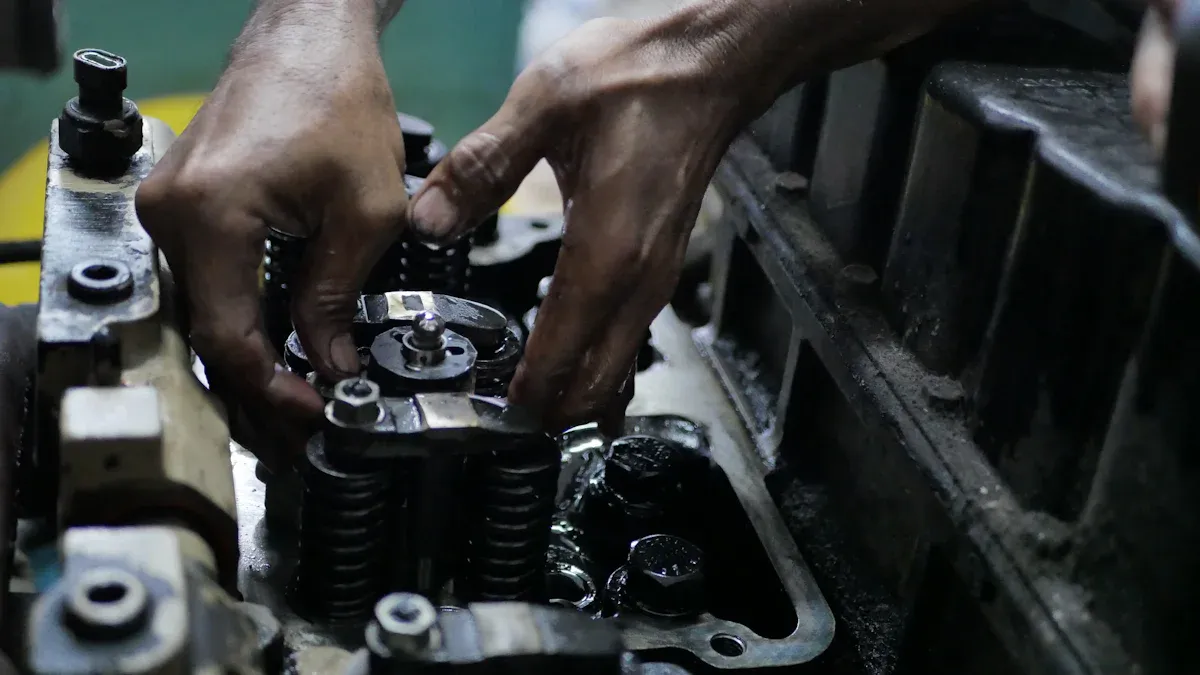 BLOGMegawatts BlogPrevent Engine Overheating: How to Choose the Right Thermostat for Cummins and Perkins SystemsPoor temperature control in diesel engines often stems from choosing the wrong thermostat, leading to inefficient cooling and potential engine failure. For Cummins and Perkins systems, precise compone...
BLOGMegawatts BlogPrevent Engine Overheating: How to Choose the Right Thermostat for Cummins and Perkins SystemsPoor temperature control in diesel engines often stems from choosing the wrong thermostat, leading to inefficient cooling and potential engine failure. For Cummins and Perkins systems, precise compone... -
 BLOGMegawatts BlogGenerator Engine Diagnosis: Black Smoke vs. White Smoke vs. Blue SmokeGenerator engine diagnosis plays a critical role in protecting your equipment and avoiding unnecessary downtime. You must never ignore signs like black, white, or blue smoke, as these often signal und...
BLOGMegawatts BlogGenerator Engine Diagnosis: Black Smoke vs. White Smoke vs. Blue SmokeGenerator engine diagnosis plays a critical role in protecting your equipment and avoiding unnecessary downtime. You must never ignore signs like black, white, or blue smoke, as these often signal und...
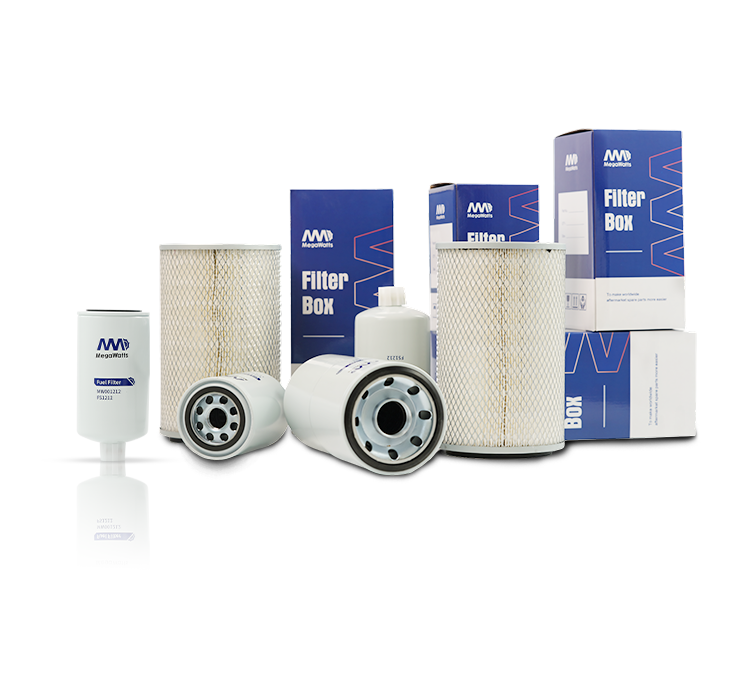
-
INFORMATION
-
CHINA SALES OFFICE: No. 2-11, No. 8, Gaotai Road, Gaishan Investment Zone, Cangshan District, Fuzhou, Fujian
-
SAUDI ARABIA FACTORY: 7264 Shakra, Al Faisaliyyah, REFB3035, 3035, Riyadh 12883
-
COLOMBIA SALES OFFICE: 92-32 26th Street, 03-118, Bogota
-
NIGERIA FACTORY: Plot 5 Chivita Avenue Ajao Estate Isolo Lagos
-
Email:sales@megawattsparts.com
Select Previous Button or Search Directly on Search Bar!
 English
English

You agree to MegaWatts.com's Terms of Use and Privacy Policy by subscribing. You may receive emails with useful tips, promotions, and offerings.






